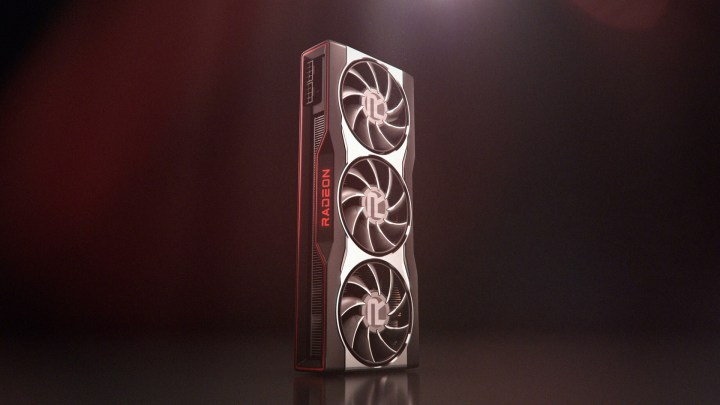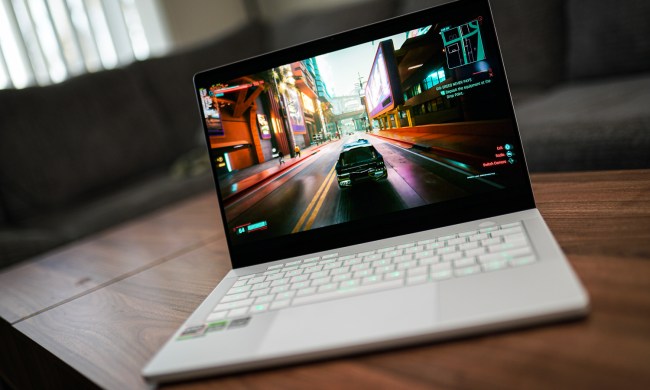AMD released a driver update that significantly improves the 4K performance of its RDNA 2 graphics cards. The update is a response to a previous driver release, the Adrenalin 21.8.1, which caused abnormalities in power consumption and affected 4K60 playback.
The decrease in performance was first found and reported by ComputerBase, a German hardware website. During a benchmark of the Radeon RX 6600 XT, the website found that there was something wrong with the card’s power-consumption levels. During YouTube 4K60 playback, the card performed much worse than other RDNA 2 graphics cards. This prompted ComputerBase to go back and try to find out where the problem lies.

Further testing showed that the recent AMD Adrenalin 21.8.1 driver was the root of the problem. It brought lower power levels to several RX 6000-Series graphics cards, although not all of them were affected by the driver in this way. ComputerBase decided to repeat the tests using that specific driver to prove the theory. This helped the website single out the cards that suffered from abnormal power levels.
Benchmarks showed a marked drop in power consumption for the AMD Radeon RX 6700 XT card. The power lowered from 30 watts, which is the lowest level advertised for that GPU, to as low as 18 watts. This only happened during YouTube’s 4K 60 frames-per-second video playback. RX 6900 XT showed an identical drop, going from 30 watts down to 18. Switching to HDR mode did not seem to solve the issue.

These tests also revealed another issue that affected 4K displays. When using more than one 4K monitor, users of RDNA 2 cards were affected by unusually high levels of power consumption. Compared to Nvidia’s Ampere line of cards, AMD GPUs performed surprisingly poorly. While Nvidia cards had power consumption levels between 19 watts to 24 watts, AMD’s RDNA 2 cards showed values from 21 watts to 41 watts.
Although a lot of the RDNA 2 GPUs were affected by this, AMD’s RX 6600 XT underperformed even without the Adrenalin 21.8.1 driver. This might imply that the card is simply not suited for a 4K dual-monitor setup. That, in itself, should come as no surprise, considering it’s not the top of the RX 6000-Series line of graphics cards.
Poor benchmarks showcased by ComputerBase could have easily gone overlooked at a time when graphics cards are so difficult to obtain. Fortunately, AMD was quick to react and released a driver update that seems to have fixed these issues. The new update should improve 4K performance for affected RX 6000-Series card users.



